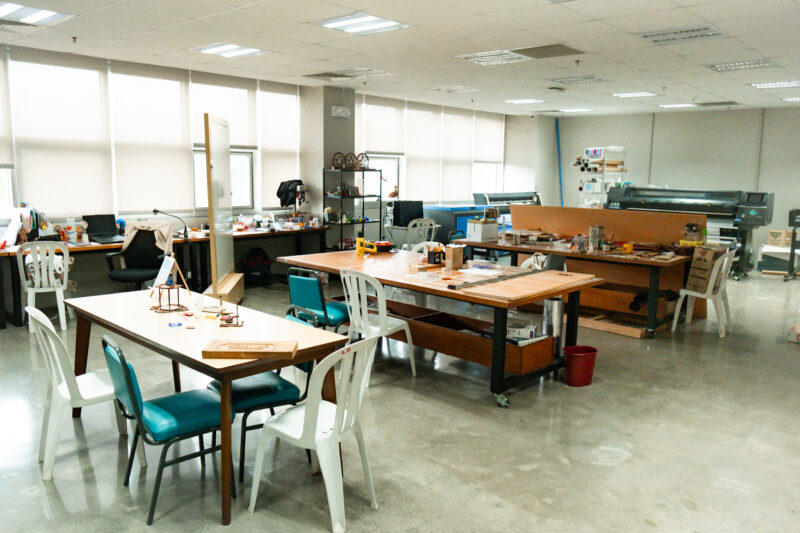In “Excremental Assault” by Terrence Des Pres, he retells the stories of Holocaust prisoners forced into subjugation through policies of filth. He centers his discussion on the stories of the victims in what would be the simple exercise of using the toilet and how they were tortured while doing so.
One account reads “There was one latrine for thirty to thirty two thousand women and we were permitted to use it only at certain hours of the day. We stood in line to get into this tiny building knee-deep in human excrement. As we all suffered from dysentery, we could rarely wait until our turn came, and soiled our ragged clothes, which never came off our bodies, thus adding to the horror of our existence by the terrible smell which surrounded us like a cloud.” Des Pres adds that these forms of torture were “a deliberate policy which aimed at complete humiliation and debasement of prisoners,” in order to rationalize the Nazi actions of mass murder, “[to] make it possible for them to do what they did.”
I have been in the Sanggunian for two years now. This is not something to brag about since how we got into power is nothing fantastic. Every election season, we struggle together with the Ateneo Commission on Elections to get the student body to vote. In short, we have to reach quota to get most of our sorry asses into office. Sadly, for the most part of the year, the Sanggunian seems to be invisible to its student body until moments of crisis like natural calamities and the late suspension of classes.
Outside of these, the Sanggunian fails to mean much to people. However, who is to blame for this institutional crisis? Is it the failing structure of the Sanggunian? The apathetic student body that could care less about their student government? Or even possibly, the flawed political party system that prevails on campus?
Here, we enter into the realm of fancy guesswork and conjectures. Many among us in Sanggunian like playing little games of theorizing trying to figure out the best way to become “relevant,” but I’d like to offer an alternative perspective to this problem.
The structures that are in place govern also the social relations that take place under them. It begs the question: What kind of structures are in place with the student government, or say even in our university that have produced an Atenean population so disinterested in politics? I have been told many times in my career in the Sanggunian that the best thing we can do is provide air conditioning to all classrooms, to make sure that classes are suspended before 12 midnight and to ensure that each bathroom has toilet paper. While on the whole these are not bad things, I wonder, should we be content with simply this? That the concerns of the Atenean revolve around what makes his life easier and what will get him ahead?
Just recently, the Sanggunian participated in the discourse of the controversy that surrounded the RH Bill by releasing a statement on it. For me, the release of their stand was not an issue between pro- or anti-RH Bill supporters, but was a matter of the political exercise of speaking up. It was exercising our power as elected officials to speak up for and to our constituency. Why then was this considered a political exercise? I see it as this: if one did not agree with their representative’s position on the issue, then we take it to the polls.
This revives our electoral system because we finally begin to see our politicians as men and women who hold different principles, and if one were to agree or disagree he could come back to the polls and elect or re-elect them as they please. This brings us to the underlying purpose of party politics and the people who run on party platforms and principles. You elect not for who the person is, but what he or she believes. Here, we see that the Sanggunian must rise to the call to speak up. We must be able to rise above our silence and our apprehension.
But we come back to the ground of the student body, the Atenean. We can try with all our might to live up to our Atenean traditions of being Ignatian, exercising magis and being men for others—however, I’d like to think that these traditions should look towards how they can be operated. To be a man for others evokes a kind of activism, a move from a heteronomous will to an autonomous one with the ability for increasing abstraction.
We must consider the invisible stakeholders every time we make our decisions, the stakeholders outside of Ateneo who suffer daily at the decisions made by our countrymen, our families and even ourselves. There is an intimate connection between our personal apathy and inaction, as well as our individual acts of greed and selfishness in the increasing graft, corruption and indifference in the Philippine society today. We are all to blame and have our own share of guilt in the economic, political and moral crises in our country because we idly stand by and do nothing.
Jon Sobrino, my favorite author, put it this way, “In the world we not only have people who are wounded, but a ‘crucified peoples’, we must do everything we possibly can to bring them down from the cross.” In addition, his definition of justice goes something like this, “Justice is the name love acquires when it comes to entire majorities of people unjustly oppressed.” We must, therefore, employ all our intellectual, religious, scientific and technological energies in the deliverance of these peoples.
Why do we do this? What does it require of us? The answer is simple: it requires us to love. And more than love, it requires us to widen our range of love. It is making someone else’s pain our very own and allowing that pain to move us to respond through concrete action. It is removing our view of these peoples covered in filth as something natural but something unjustly hoisted on them.
The student government must call out on the injustices prevalent in society even it means criticism from those around us, and it requires a student body with a wider range of love. We must begin to reclaim the human being that is constantly lost in grime and filth of these structures of injustice. It is, in its purest form, to begin to love the other.
Toni Potenciano is a fourth year communication major. She is SOSS something of this group called the Sanggunian ng mga Mag-aaral ng Paaralang Loyola ng Ateneo de Manila. You might have heard about it.



